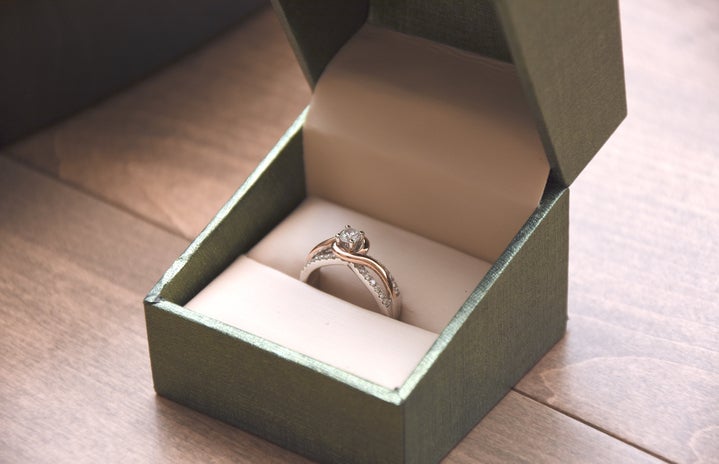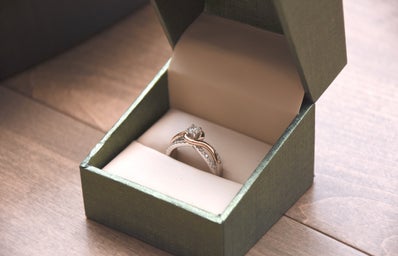I must admit, I’m a sucker for cheesy reality shows. So, when I heard about Netflix’s new reality tv series – Love is Blind – I had to check it out!
For those of you who don’t know anything about the show, 30 contestants (15 men and 15 women) speed date, all while separated by pods. Within days, participants form bonds that they believe are deep enough to prompt a life-long commitment, and they have the opportunity to get engaged (before even seeing each other in person)! The couples that become engaged, then embark on a glorious tropical vacation where they can deepen their relationship on a physical level, followed by moving into an apartment to see how they will live together in the real world. The whole premise of this “experiment” is to see if love truly is blind, if humans can develop a successful relationship from emotional connection, rather than appearance.
Now, when I first heard of this new series, I was intrigued, but skeptical. I believe that humans are so biased when it comes to physical appearances and that we deem whether someone is a good fit in our lives before we know anything about them. However, there is one major flaw in Love is Blind that I cannot get past.
All of the contestants are conventionally attractive!
If Love is Blind truly wants to prove that appearances don’t matter, then why cast an entire group of people who fit today’s cookie-cutter beauty standards? Why not romanticize the heck out of “normal” people figuring out how to fall in love? To me, that’s a lot more interesting — and a lot more romantic — than watching yet another set of future influencers fake-fall in love with each other. I would love to see individuals of different sizes, abilities, sexualities, and cultural backgrounds learn to look past their own stereotypes and develop a true connection. Instead, Netflix gives us a show where contestants aren’t blind to appearances, but instead to the massive red flags waving right in front of them.
Overall, I found Love is Blind to be entertaining and comical at times, but if the purpose of the show is to determine whether love truly is blind, they definitely missed the mark. I remain hopeful that season three will bring more diversity.


